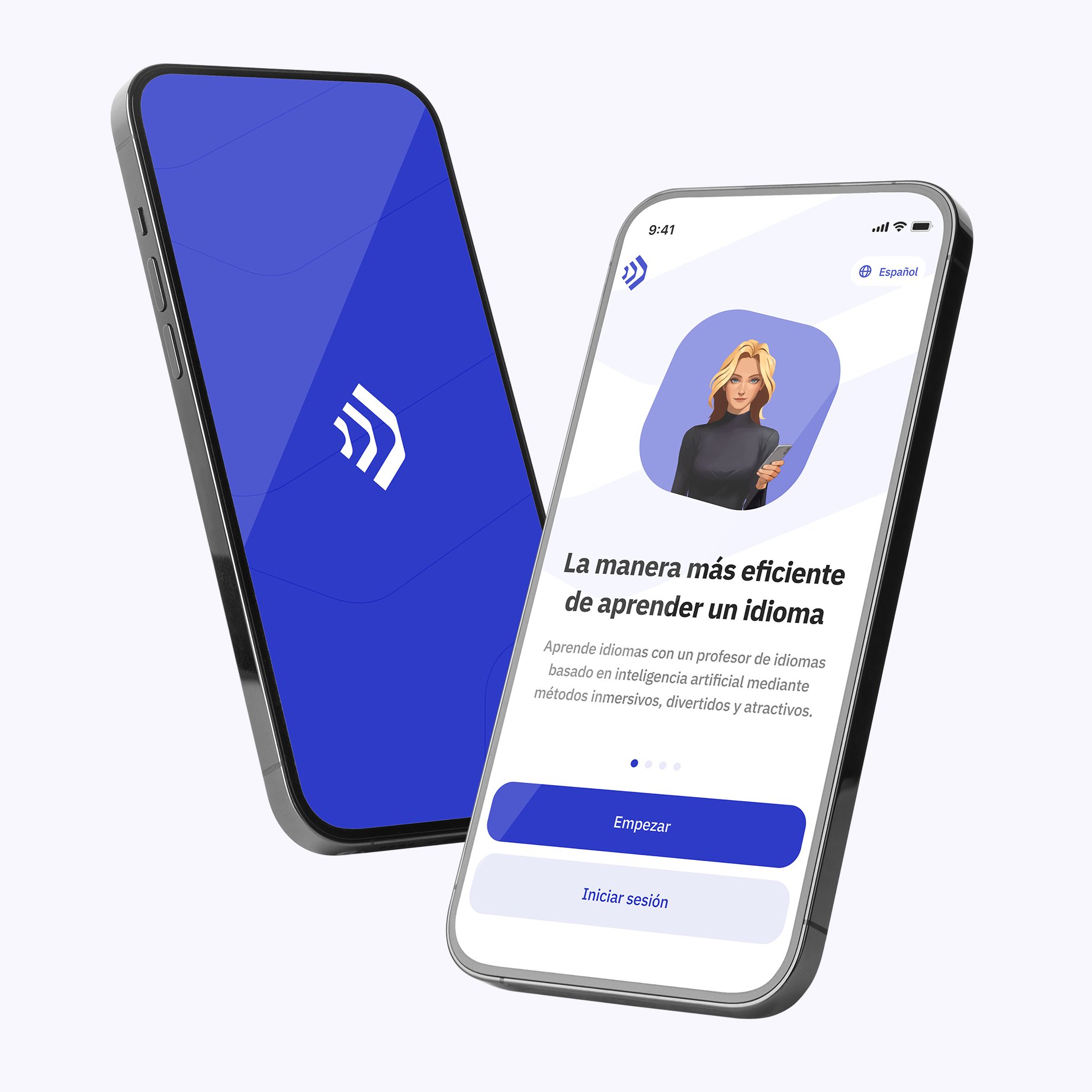El verbo "know" en inglés es un verbo esencial que se utiliza para expresar conocimiento o comprensión sobre algo o alguien. Este verbo se clasifica como un verbo irregular, lo que significa que no sigue las reglas típicas de conjugación de los verbos regulares en inglés. La definición principal de "know" es tener información en la mente como resultado de la experiencia o la educación, estar consciente de un hecho o una situación, o tener familiaridad con alguien o algo. Es un verbo que se puede aplicar en diversos contextos, desde conocer datos o información específica hasta tener un entendimiento profundo o una relación personal con alguien.
I know the answer to your question.
She knows how to speak three languages fluently.
He knew he was in trouble the moment he walked in the door.
They know each other from college.
We know that honesty is the best policy.
You know better than to cheat on the test.
She knows the city like the back of her hand.
He knew he needed to apologize but couldn't find the right words.
Do you know what time the meeting starts?
They knew they had won the match even before the final whistle blew.
I know the answer.
You know her name.
He knows how to cook.
She knows where it is.
We know each other.
They know about the event.
I knew him when I was young.
You knew the rules before.
He knew the risks involved.
She knew about the surprise.
We knew it wouldn't be easy.
They knew the place well.
I will know the results tomorrow.
You will know when you see it.
He will know the truth soon.
She will know what to do.
We will know more next week.
They will know if they try.
I am knowing more about it every day.
You are knowing her better now.
He is knowing what to expect.
She is knowing how to handle the situation.
We are knowing our neighbors.
They are knowing the consequences of their actions.
I was knowing more about the topic at that time.
You were knowing what to do next.
He was knowing the challenge ahead.
She was knowing her limits.
We were knowing the truth gradually.
They were knowing how to proceed.
I have known about this for years.
You have known her since childhood.
He has known about the change.
She has known the secret all along.
We have known each other since college.
They have known what to do from the start.
I had known him before he moved away.
You had known the truth earlier.
He had known the risks before the accident.
She had known about the plan.
We had known about the issues.
They had known each other for a long time.
I will have known her for ten years by next month.
You will have known the outcome by then.
He will have known the difference.
She will have known the answer by tomorrow.
We will have known each other for a decade.
They will have known the results soon enough.
La forma más eficiente de aprender un idioma
Prueba Talkpal gratis
Cada individuo aprende de una forma única. Con la tecnología de Talkpal , tenemos la capacidad de examinar cómo millones de personas aprenden simultáneamente y diseñar las plataformas educativas más eficientes, que se pueden personalizar para cada estudiante.

Recibe sugerencias y comentarios inmediatos y personalizados para acelerar tu dominio del idioma.

Aprende mediante métodos adaptados a tu estilo y ritmo únicos, garantizando un viaje personalizado y eficaz hacia la fluidez.
Talkpal es un tutor de idiomas basado en inteligencia artificial. Es la forma más eficaz de aprender un idioma. Chatea sobre una cantidad ilimitada de temas interesantes escribiendo o hablando mientras recibes mensajes con voz realista.


Talkpal, Inc., 2810 N Church St, Wilmington, Delaware 19802, US
© 2026 All Rights Reserved.